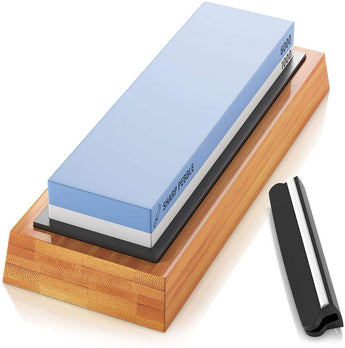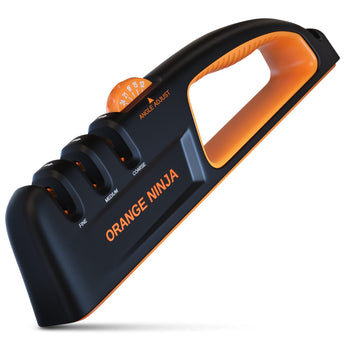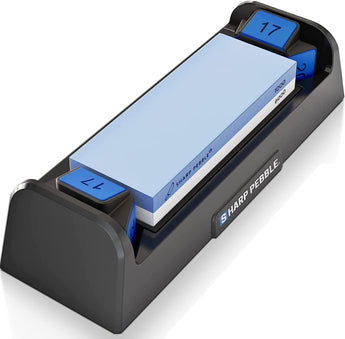How to Make Your Knives Last a Lot Longer?

Sharpening, of course, plays a key role in knife maintenance. That said, there are several factors you must consider if you want your knives to go the distance. Within this article today, we will share some nifty tips and tricks that will help you keep your knives in top shape for years to come. Here’s what to consider:
-
Buy a knife that fits your need: You’d be surprised how much choosing the correct knife impacts its life. Not only it improves the knife’s lifespan, but it also makes your job a lot easier. Taking along chef’s knife to your hunting trip is not going to make your knife’s life any easier or yours for that matter. There are several factors and tradeoffs that must be taken into account here.
-
To start off, it’s important to understand that any fixed blade knife such as a chef’s knife will always be a lot easier to maintain than smaller foldable knives, but foldable knives are ideal for travel.
-
Out of the box: Some manufactures’ knives are sharp enough to be used right out of the box, while others may need a bit of tuning. An easy and safe way to see if your knife is indeed sharp enough is to run it over a piece of paper. An adequately sharp knife should be able to cut through the paper smoothly without any resistance.
-
Sharpen regularly: Depending on how frequently the knife is used, you may need to sharpen it every 15-20 days. It’s best to learn to sharpen manually on a sharpening whetstone than using an electric knife sharpener. Soak your sharpening stone in water for a few minutes. Then run your knife from the blade’s tip to its base at roughly 20-25 degree angle. Repeat this a few times on both sides.
-
Clean correctly: Cleaning your knives is usually not an issue. All you need is some dishwashing liquid soap, lukewarm water, and a cloth to wipe it clean. You may at times have to deal with stubborn, sticky food debris and may be tempted to use a chemical-based cleaner. Avoid that. Patience and soapy water should do the trick for you.
-
Ensure proper storage: Improper storage can drastically cut short the lifespan of your knife. To start off, never chuck your knives together with other cutlery items. The jangling will damage the steel. For kitchen knives, use a wooden storage block. If it’s a hunting knife that you want to store, it’s best to store it is its cover. If they don’t have their own, it’s easy to make one with cardboard.
-
Oil or wax: Lubrication achieves two key purposes here. One, it prevents rust formation and secondly, it facilitates easy joint and hinge movement. Both options – oiling and waxing are relatively safe. If you intend to save a few bucks, oiling is the way to go.



